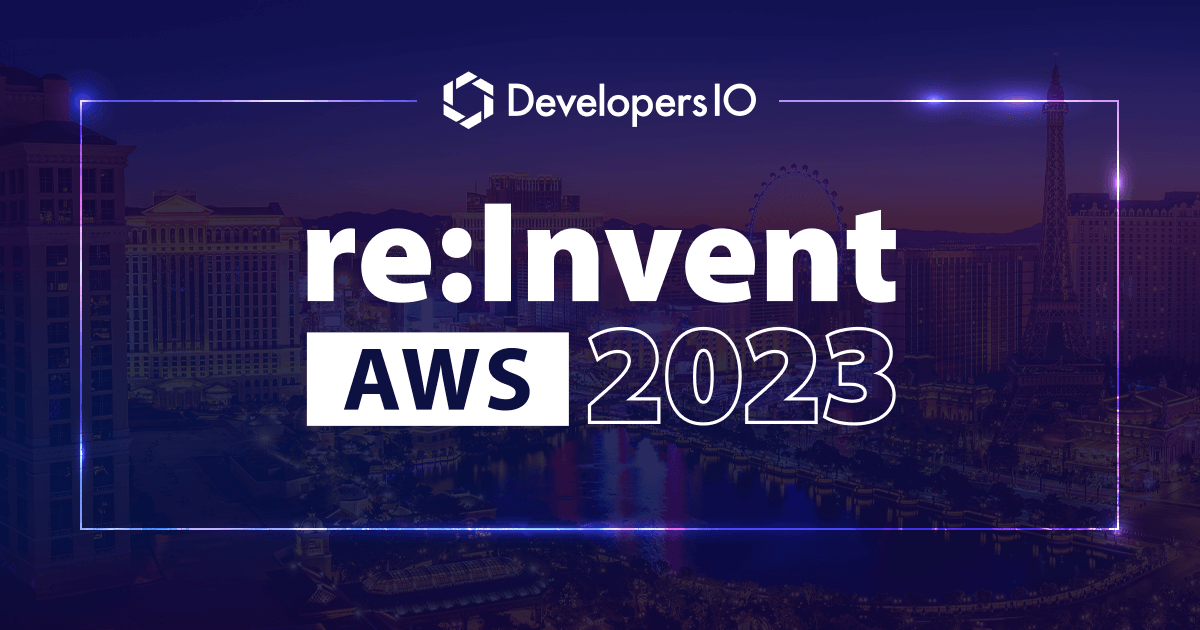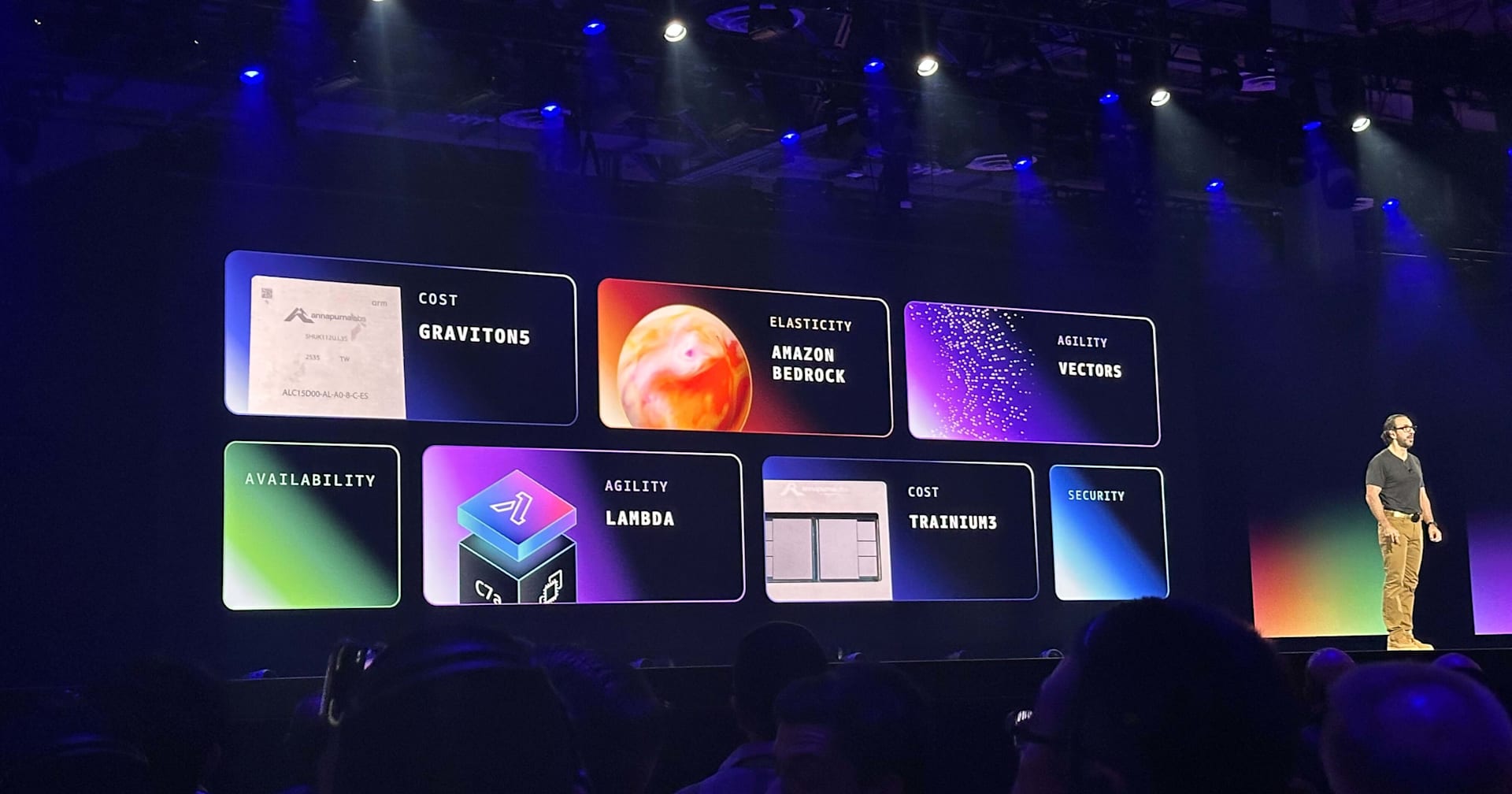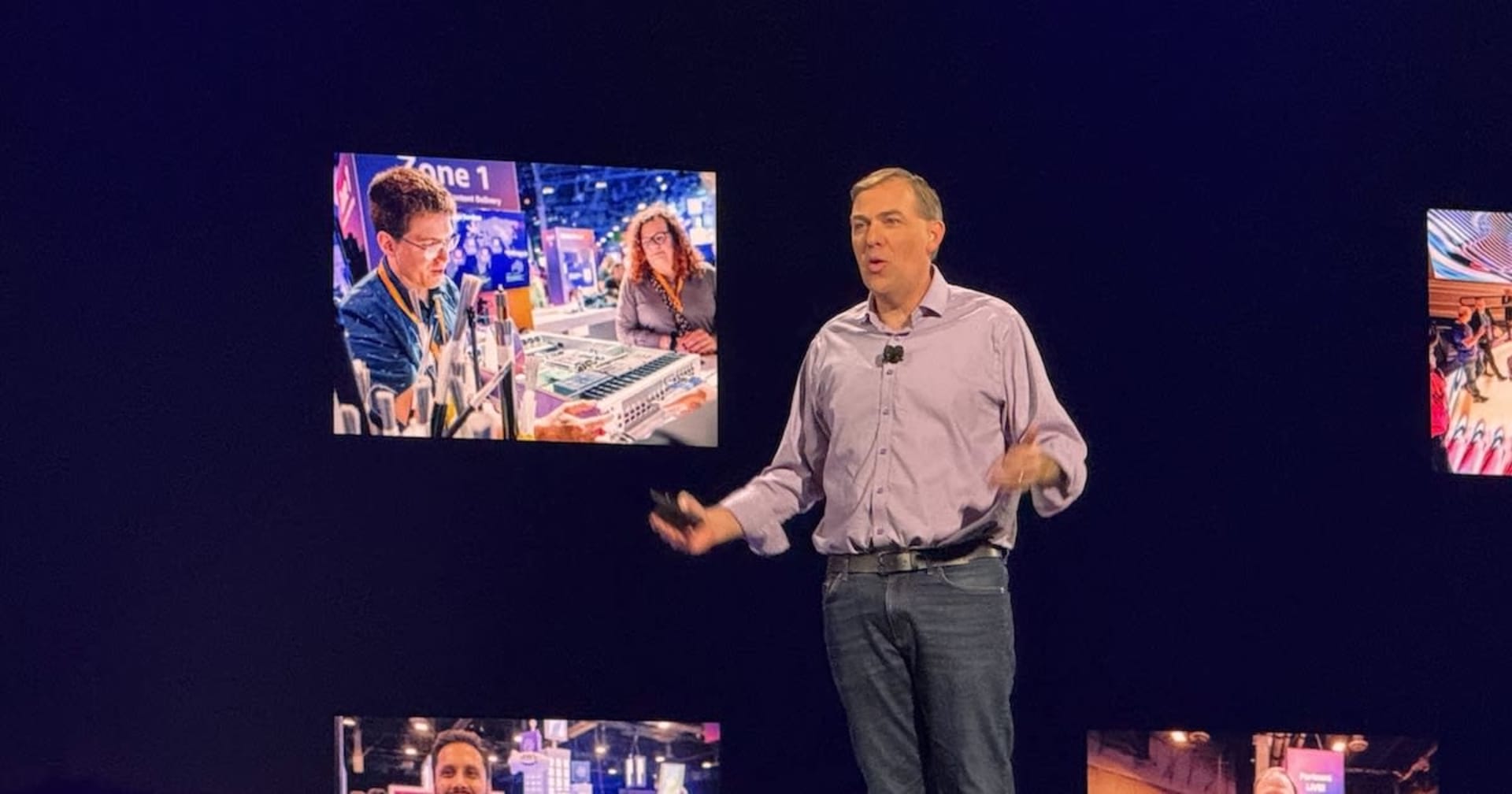
Is Platform Engineering the new king in Cloud Infrastructure Space #AWSreInvent
この記事は公開されてから1年以上経過しています。情報が古い可能性がありますので、ご注意ください。
AWS Infrastructure space is always evolving whether it is the Latest features in the IaC space, Kubernetes space or even observability for the same infrastructure.
In this blog I am trying to share my experience with the interaction I had with various companies in the reinvent expo 2023. I will try to write this blog in QnA form and share my experience

Is it possible to achieve Platform Engineering for tenants where every tenant has a different product for companies who are like SI


The platform doesn't mean there has to be a single platform there can be multiple platforms. Even if the client and products fall into different categories, for example, manufacturing companies and the aerospace industry there will be the same type of infrastructure operations every tenant will follow for example creating an s3 bucket or IAM roles.
So for the baseline operations, there can be one platform which automates base operations.
The real difference comes when we need to achieve the business side of operations which are very specific to the industry or client. In that case, we need to create another platform to cater to the specific industry which automates that industry's cloud infrastructure operations.

Lesson Learnt: There can be multiple platforms automating specific sets of operations. On what basis we need to separate platforms is determined when we identify business operations requirements. The main aim to achieve platform engineering is to have scalability.
Is low code, no code paradigm can be considered a form of platform engineering?

As a general trend, most of the companies in the expo for infrastructure zone are pushing products on the principles of low code, no code which does achieve platform engineering for those products. As a customer(tenant) we have to use that platform to build our infrastructure or product using drag and drop approach and in the backend, there is a single platform to fulfil those tenants.
Lesson Learnt: A successful platform will be based on low code no code principles. Depending on tenants it can be truly low code, no code approach or partially.
Maybe a new King which delivered Platform Engineering as a space.

Massdriver is the one company which I truly feel was able to achieve platform engineering and is delivering platform engineering as a service.
The idea is very simple for this platform, Infrastructure engineers who know Terraform, pipeline, and Kubernetes will upload their code in their organization (a logical way to operate different projects in this product) which is available to all sub-projects. The application team will be able to use this uploaded code by using drag and drop to deploy them as per their needs.
Note: Actual Terminologies may differ in the product docs.
Lesson Learnt: There is already a product that delivers platform as a service in true of platform engineering. This product could be a guiding principle to visualise how Platform engineering is achieved.
Takeaways
From this experience, we can take away that now every organization is trying to achieve platform engineering in some way or in their products to achieve cost optimisation, scalability and agility to simplify cloud operations. We also saw that it is not important to stick to a single platform there can be multiple platforms helping to automate. We also saw how a Platform engineer as a service is now available by the Massdriver company.









